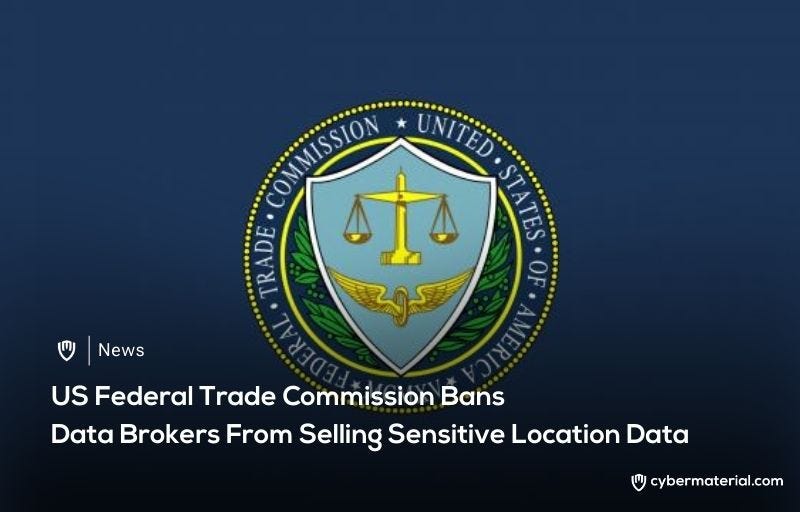
The Federal Trade Commission (FTC) has taken a significant step in protecting consumer privacy by reaching settlements with two data brokers, Gravy Analytics and Mobilewalla, who were accused of unla…

The Federal Trade Commission (FTC) has taken a significant step in protecting consumer privacy by reaching settlements with two data brokers, Gravy Analytics and Mobilewalla, who were accused of unla…